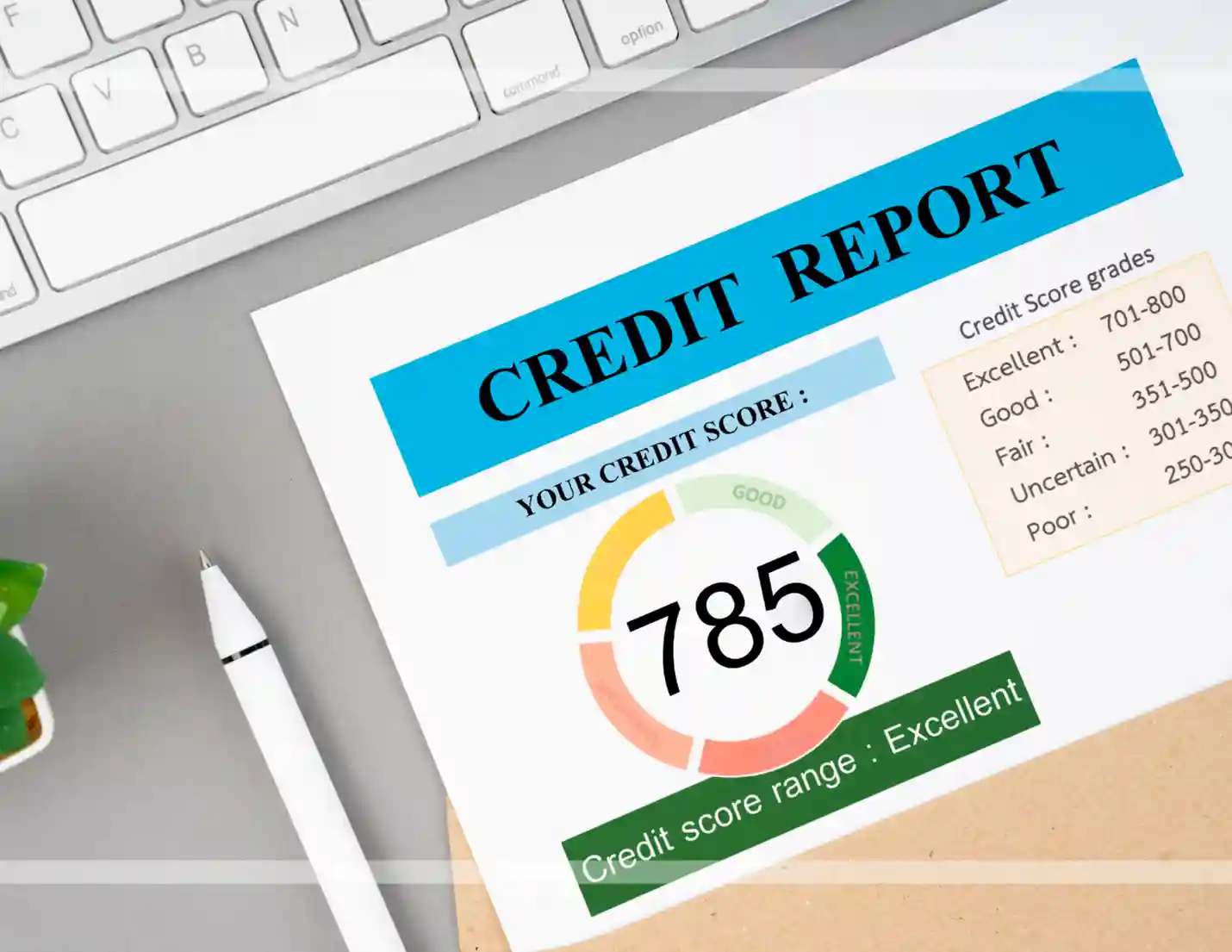
When your wallet or desk drawer is crowded with credit cards, managing all those accounts can feel overwhelming. You may not even remember the last time you used some of them. Simplifying your financial life sounds appealing, and closing a few cards seems like the logical next step. However, shutting down those accounts might have unintended consequences for your credit (or FICO) score. Here’s what you need to know before you trim the fat from your wallet.
FICO Fallout
Closing a credit card account can negatively impact your credit score in two ways. First, your score includes your credit utilization ratio. In other words, it’s how much you owe on credit cards (and installment loans, but not your mortgage) divided by the total amount of credit available through those cards and loans. If you have cards with a credit limit total of $10,000 and your balance on those cards is $6,000, then you’re using 60% of your available credit. Closing a card (without reducing your overall balance) will remove its available credit from the calculation and increase your utilization ratio. If you close a card with a $1,000 limit, the calculation is now $6,000 owed divided by $9,000 available (vs. the original $10,000) and a ratio of 67%. Lenders typically like to see a utilization ratio of around 30% or less. Closing a card without paying down balances could increase your utilization and lower your overall credit score.
Second, your credit score also considers the length of your credit history, including your oldest credit account. That card you took out in college and still have? It’s giving you a longer history. By closing it, the credit agencies will now look at your next-oldest credit account, and if that’s more recent, it could lower your score.
Also, just cutting up your card is not the same thing as closing the account. To actually cancel it, you need to contact the company that issued the card, pay any balance owed and have them close it on their end.
Alternatives to Closing Credit Cards
If it’s the temptation of quick and easy spending that’s the issue, you could simply put your credit card in a place where you don’t have instant access. Take it out of your wallet or purse, then stash it in a secure place — such as a home safe or bank safe deposit box. That way, if you ever really need it, you can always retrieve it.
But maybe you want to close a particular card because it has a high annual fee or interest rate. Try these alternatives first:
- Talk to the card issuer about lowering your annual fee and interest rate. Your issuer may have other cards with different features that would be better for you. For example, cards with generous rewards sometimes come with higher annual fees and rates. The issuer may be able to transfer your account from the card you want to get rid of to a card with lower rates, fees and perks. Even though you switch cards, your account with that issuer should retain its full age and history, which will keep it from lowering your credit score.
- Put a freeze on the card. Many credit card issuers offer the option to temporarily freeze your card, which prevents new charges while keeping the account open and your credit history intact. You can unfreeze it when needed.
- Simplify with one card. Consolidate your spending onto one primary card to reduce the hassle and time associated with managing multiple accounts. Keep the others open but stored safely to maintain your credit history.
- Use auto-pay features. Set up automatic payments for at least the minimum due on all your cards to avoid missed payments and simplify your financial routine. This is especially helpful if maintaining on-time payments becomes challenging.
Take Charge of Your Credit
If you’re concerned about how to best handle your credit accounts, talk to a Financial Professional for tailored advice on curbing spending while preserving the credit you’ve worked hard to build. Taking thoughtful steps today can help you maintain — or improve — your credit profile and avoid potential pitfalls down the road.
Sources
https://www.experian.com/blogs/ask-experian/will-closing-a-credit-card-hurt-your-credit/
https://www.bankrate.com/credit-cards/tools/credit-utilization-calculator/#how
https://www.bankrate.com/personal-finance/credit/length-of-credit-history-credit-score/
https://www.nerdwallet.com/article/credit-cards/does-a-credit-card-upgrade-create-a-new-account?